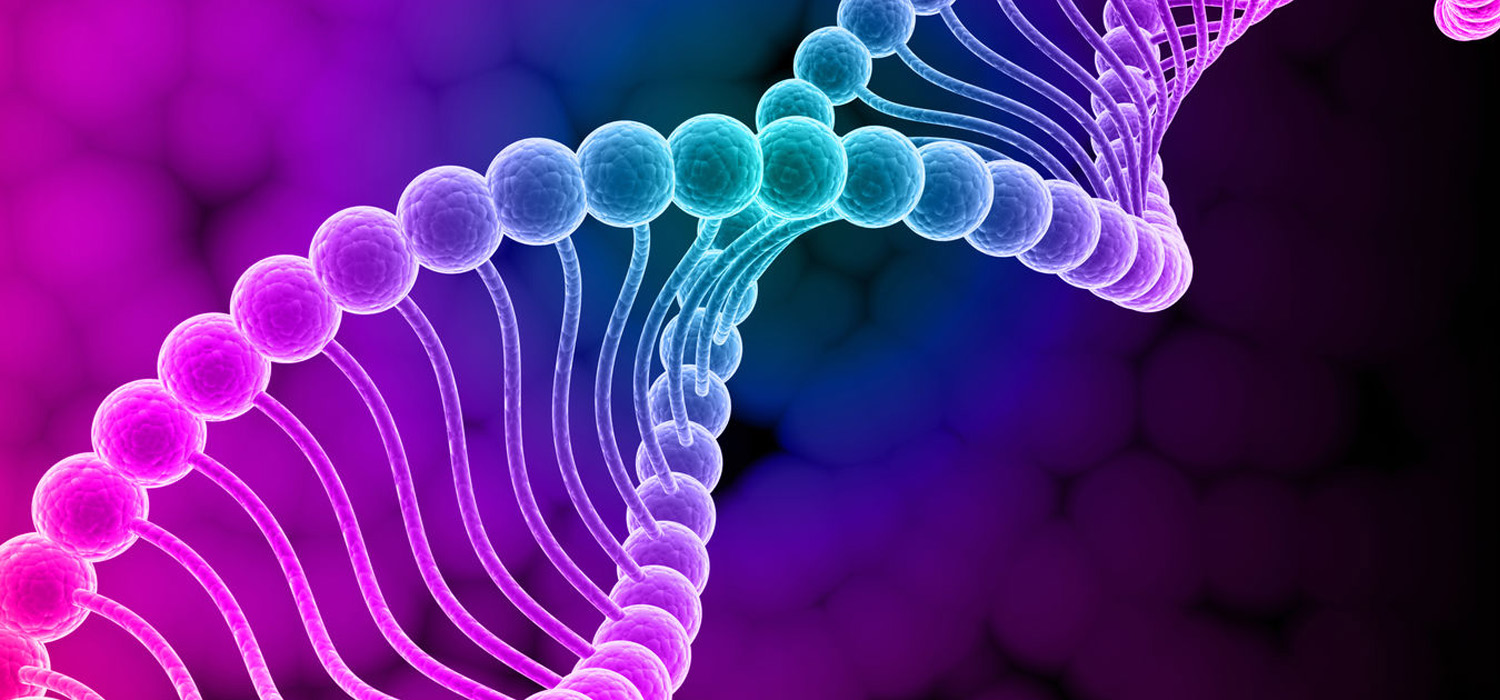Genetic factors in female infertility
There are several genetic conditions that can affect a woman’s fertility. Genetic mis-directions in utero can cause mullerian duct anomalies resulting in congenital malformations of the uterus, tubes, ovaries, and the genital tract.
Premature ovarian insufficiency, endometriosis, fibroids have genetic and epigenetic basis There are several syndromes of subfertility and infertility that have a genetic basis. E.g., Fragile X-syndrome, Myotonic dystrophy, Noonan syndrome, Fanconi’s anemia, beta thalassemia, Sickle cell disease etc.
The genetic abnormalities associated with female infertility can be broadly classifies as:
- Structural abnormalities
- Single gene disorders
- Extra X aneuploidies
- Polygenic complex causes
1) Structural abnormalities
They can be inherited or arise de Novo. Balanced and unbalanced translocations, deletions and duplications and inversions are some of the structural abnormalities.
Balanced translocations between X chromosome and an autosome, mutates the gene and the offspring has 20-40% chance of having an aneuploidy. The mother is phenotypically normal but there may be associated learning difficulties, Primary or secondary Ovarian failure. De Novo translocations are associated with greater abnormalities.
Unbalanced translocation between X chromosome and autosome can result in a spectrum of abnormalities from mental retardation, multiple defects, behavioral problems etc.
Deletions on either arm of the X chromosome are associated with short stature and POI. Short arm deletions can mimic Turner’s syndrome.
The site of inversion determines the phenotype. The spectrum varies from mild menstrual problems to gonadal dysgenesis.
2) Single gene disorders
FMR-1 (Fragile X Mental Retardation) gene present on the short arm of the X chromosome has mutations in 16% of women with POF. The degree of mutation depends on the number of CGG repeats in the 5’ untranslated region of FMR1 gene. 56-199 repeats qualify as pre-mutation and over 200 repeats is full mutation. Its features include mental retardation, long face, large ears, and prominent jaws. Carrier screening for FMR-1 gene mutation is advised for women with advanced maternal age and family h/o Fragile-X syndrome.
BMP-15 is another X-linked gene whose mutation is associated with female subfertility or infertility.
Autosomal genes implicated in POF include autosomes like CDKN13, FSHR, GDF9 etc.
3) Extra X- Chormosomal aneuploidies
47XXX- Trisomy X occurs because of non-disjunction at Meiosis 1 and is associated with increased maternal age. Small for gestation age, mild to moderate CNS defects, motor, speech, language, and learning abnormalities are some of the main features. Fertility may not be affected though some women may have POI and genital abnormalities.
48 XXXX syndrome is associated with mild to moderate mental retardation, facial/ skeletal dysplasia, impaired secondary sexual characteristics with POI in most cases.
49 XXXXX syndrome is associated with more severe mental retardation, microcephaly, cardiac and renal abnormalities. Pregnancies have been reported.
45X0 -Turner’s syndrome occurs as 1: 2000 cases and occurs due to chromosomal ono-disjunction. The fetuses have increased risk of miscarriage, Small for gestational age, web neck, lymphedema, cardiac/facial/ skeletal abnormalities, and primary ovarian insufficiency.
4) Polygenic complex causes
Endometriosis - Certain genes and single nucleotide polymorphisms (SNP) are associated with 5-8 times increase in endometriosis.
PCOS - no specific genes are identified. Genes for Insulin Resistance on the short arm of chromosome 2 and long arm of chromosome 6 are being studied.
Polymorphisms of FSH receptor, FSH/LH receptor have been implicated in a spectrum of conditions from poor ovarian response to OHSS.
Fibroids - Mutations in MED12 (Mediator complex subunit), FH gene (Fumarate hydrase), HMG1C and HMG1Y have all been implicated.
Mullerian anomalies - May arise out of spontaneous genetic mutations along with environmental factors. EMX2 gene mutation has been implicated in uterus didelphys.
Polymorphism, mutation, imprinting, and epigenetic mechanisms are events contributing to impaired fertility, when a normal parent DNA may have abnormal activity in the proband and offspring.
For more info, Visit : www.medlineacademics.com
